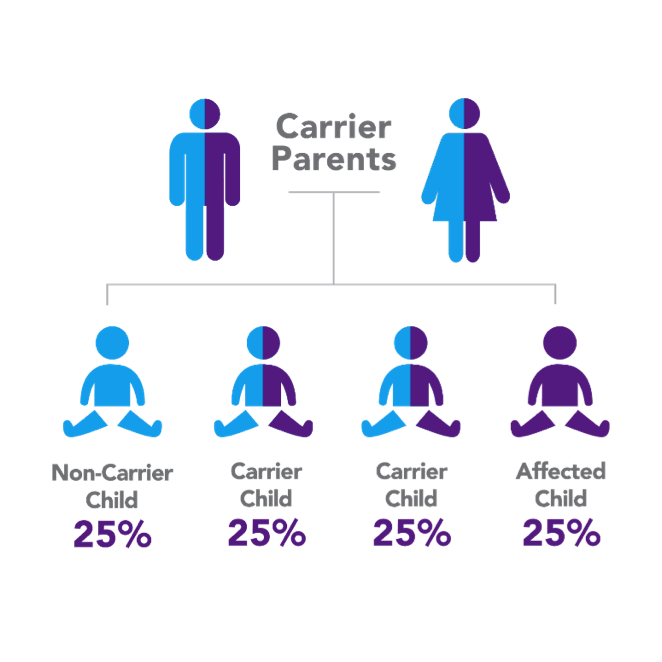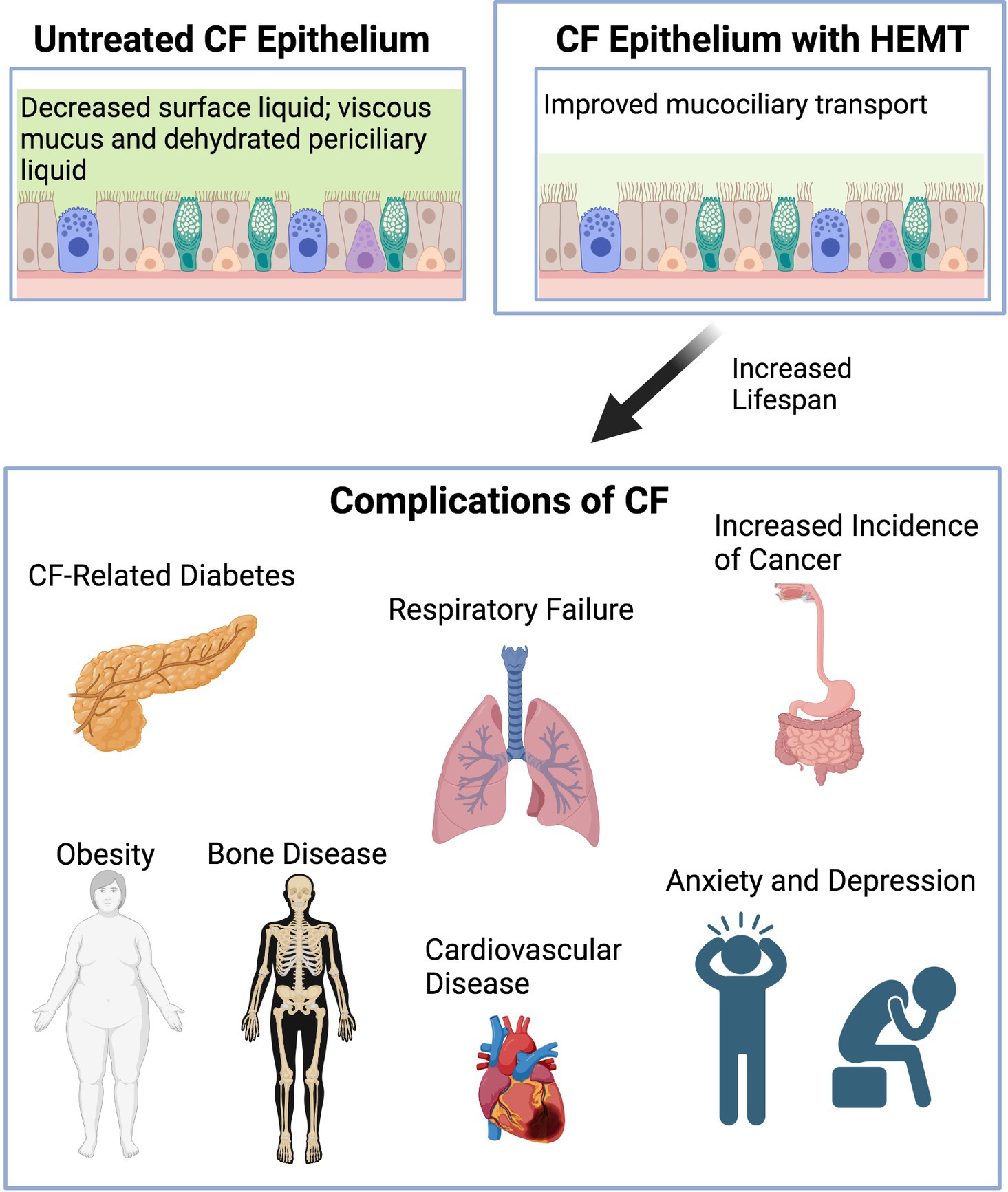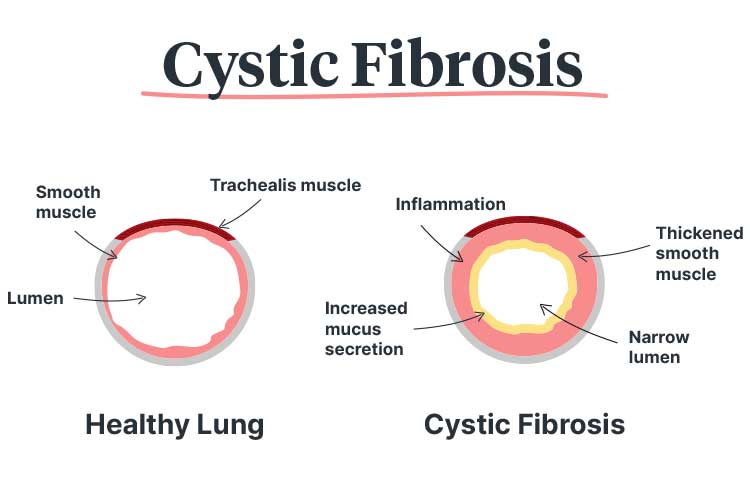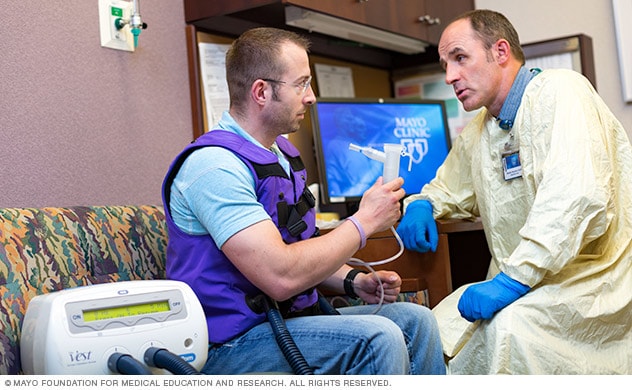Can Cf Patients Date Each Other
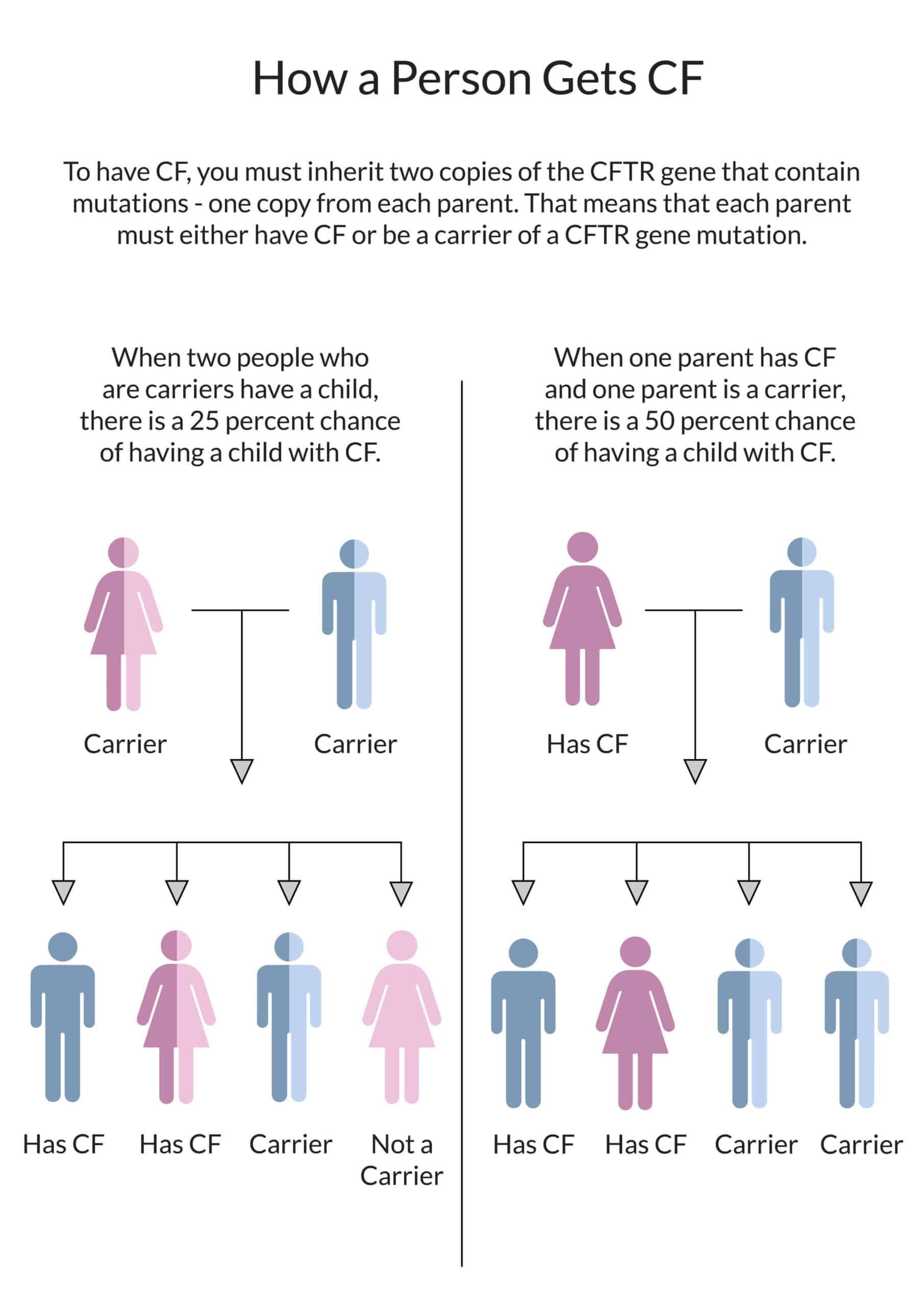
The simple act of holding hands, sharing a kiss, or even just sitting close together – moments many take for granted – can carry significant risks for individuals living with cystic fibrosis (CF). This genetic disease, characterized by the buildup of thick mucus in the lungs and other organs, creates a unique challenge when it comes to relationships, specifically the question: can CF patients date each other?
While the desire for companionship and love is universal, the potential for cross-infection with dangerous bacteria complicates the romantic lives of those with CF. This article explores the complex and often heart-wrenching realities of dating within the CF community, examining the scientific basis for infection control guidelines, the emotional and social considerations, and the evolving perspectives on this sensitive issue.
The Risk of Cross-Infection: A Scientific Perspective
The Cystic Fibrosis Foundation (CFF) and other leading medical organizations strongly advise against close contact between individuals with CF. This recommendation stems from the high risk of cross-infection, where patients can transmit harmful bacteria to each other.
Individuals with CF are particularly vulnerable to chronic lung infections, often harboring bacteria like Pseudomonas aeruginosa, Burkholderia cepacia complex (Bcc), and Staphylococcus aureus.
These bacteria can lead to worsening lung function, increased hospitalizations, and even reduced life expectancy, making the seemingly innocuous act of dating potentially life-threatening.
Burkholderia cepacia: A Particularly Grave Threat
Of particular concern is the Burkholderia cepacia complex (Bcc), a group of bacteria known for its resistance to multiple antibiotics. Bcc infection can be devastating for individuals with CF, leading to rapid lung decline and increased mortality.
The CFF has historically emphasized the importance of strict segregation among CF patients to prevent the spread of Bcc and other dangerous pathogens.
This stringent approach, while intended to protect patients, has profound implications for their social lives and romantic prospects.
Emotional and Social Considerations
Living with CF can be isolating, with many patients facing challenges in finding partners who understand the complexities of their condition. Dating another person with CF can seem appealing due to the shared experiences and understanding.
They often share similar medical routines, challenges with insurance, and an understanding of the daily struggles associated with managing a chronic illness.
However, this connection comes with the inherent risk of cross-infection, creating a difficult dilemma between emotional needs and physical health.
The Power of Shared Experience
Some individuals with CF argue that the benefits of a relationship with someone who truly understands their condition outweigh the risks, particularly when both partners are diligent about hygiene and infection control.
Online CF communities have emerged where patients can connect and form relationships, sometimes choosing to meet in person despite the risks.
This choice often reflects a desire for connection and acceptance, particularly in the face of a disease that can significantly impact social interactions.
Evolving Perspectives and Mitigation Strategies
While the risks of cross-infection remain a significant concern, perspectives on dating within the CF community are evolving. Advances in treatment and infection control practices are prompting some to reconsider the traditional stance of complete separation.
For example, the widespread use of highly effective modulator therapies, such as Trikafta, has improved lung function and overall health for many individuals with CF.
This has led to discussions about whether the risks of cross-infection are lessened for those with well-controlled disease.
The Role of Strict Hygiene and Precautions
Even with improved treatments, meticulous hygiene and infection control measures remain crucial. This includes practices such as frequent handwashing, avoiding close contact when symptomatic, and maintaining separate medical equipment.
Some couples with CF choose to live separately or maintain a "virtual" relationship to minimize the risk of cross-infection. Others engage in strict protocols that involve not kissing or sharing utensils.
These decisions are highly personal and should be made in consultation with healthcare providers who can assess individual risks and provide guidance on minimizing transmission.
The Cystic Fibrosis Foundation's Stance
The CFF continues to strongly advise against close contact between individuals with CF, emphasizing the potential for serious and even fatal infections.
Their official guidelines emphasize the importance of maintaining a safe distance and avoiding the sharing of personal items.
However, the CFF also acknowledges the emotional and social needs of individuals with CF and encourages open communication with healthcare providers to discuss individual circumstances and risk mitigation strategies.
"The CF Foundation continues to recommend that people with CF avoid close contact with each other to prevent the spread of germs. This recommendation is based on the potential for serious and even fatal infections." - Cystic Fibrosis Foundation
Looking Ahead: A Future of Connection and Safety?
The question of whether CF patients can date each other remains a complex and deeply personal one. While the risks of cross-infection are undeniable, the desire for connection and companionship is a fundamental human need.
As treatments for CF continue to improve and infection control practices evolve, the landscape of relationships for individuals with CF may also change.
Ultimately, the decision of whether to date another person with CF rests on careful consideration of the risks and benefits, open communication with healthcare providers, and a commitment to prioritizing health and safety.

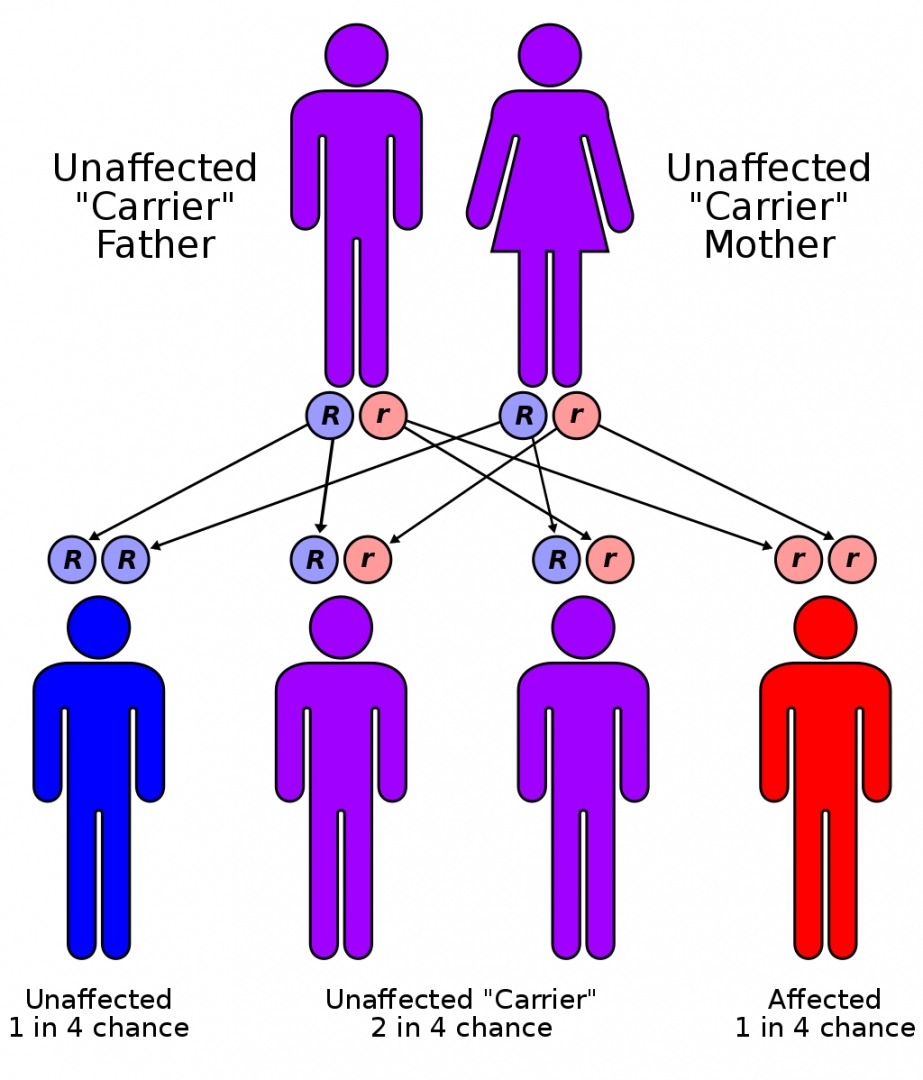

:max_bytes(150000):strip_icc()/understanding-cystic-fibrosis-998213_fin-f6b10f0a2a474ba08c40907fff1556dc.png)
